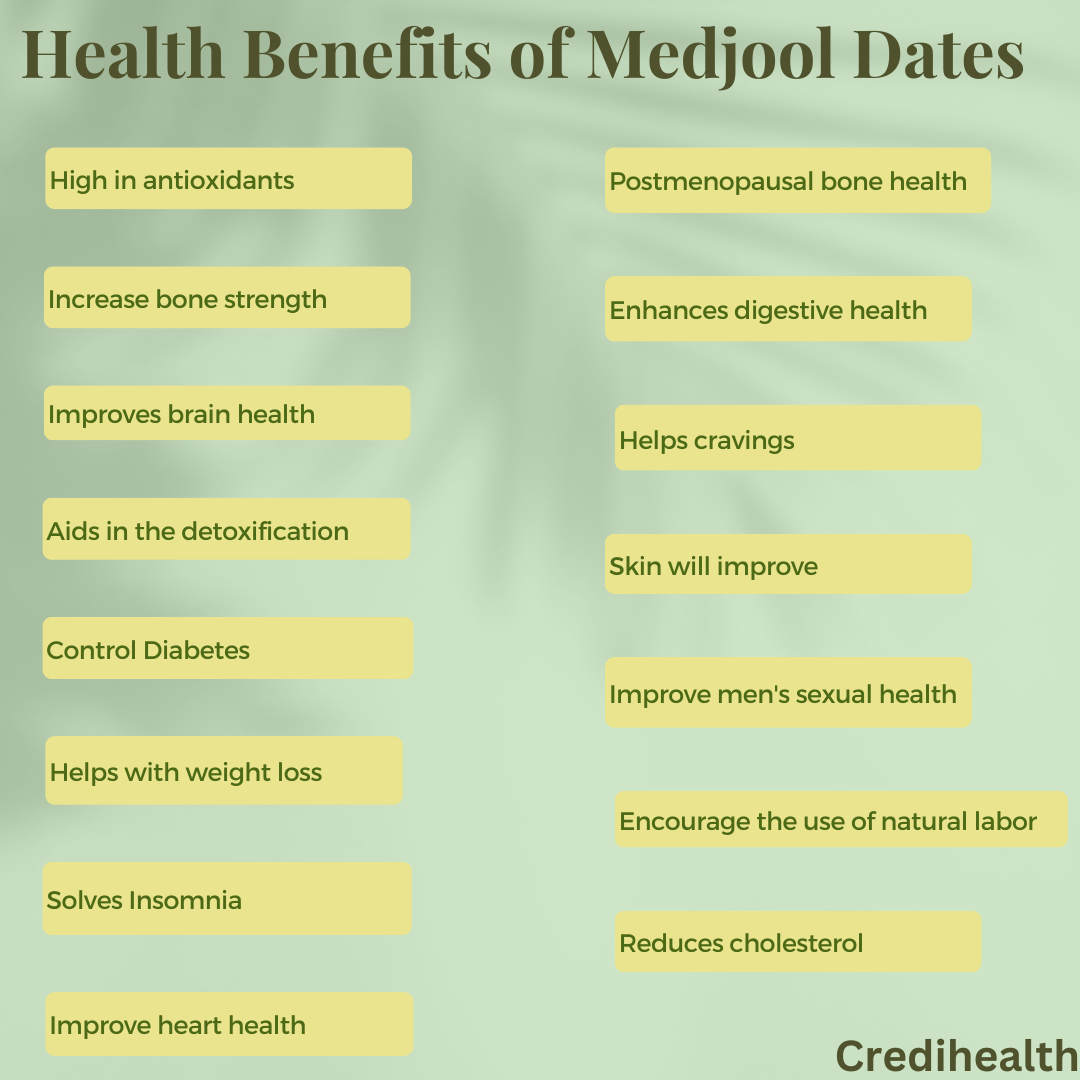What are the postpartum depression symptoms?
Postpartum depression can cause many emotional and physical symptoms that can begin anytime during the first year after giving birth. Some common symptoms of postpartum depression include:- Persistent feelings of sadness, hopelessness, or emptiness
- Loss of interest or pleasure in activities that were once enjoyable
- Fatigue and low energy
- Difficulty sleeping or sleeping too much
- Changes in appetite, either eating too much or too little
- Difficulty concentrating or making decisions
- Feelings of worthlessness or guilt
- Thoughts of self-harm or suicide
- Anxiety or irritability
- Physical symptoms such as headaches, stomach problems, or muscle pain.
Treatment for Postpartum depression-
The stressful condition can be exhausting, and the baby's birth can be difficult when depression occurs. Still, depression is never anyone's fault and can cause a medical condition that needs treatment.
1. Get medical support -
So if there are troubles coping with Postpartum depression, the health care provider can ask about local's support and newer forms of women's help growth or women who have similar symptoms. The sooner help you can get, the faster you will feel better.2. Adapt to a healthy lifestyle -
Some healthy life choices can include physical activity such as walking the baby. Other forms of exercise can be daily routine management and trying to get enough rest by eating healthier foods and avoiding alcohol.3. Don't push yourself beyond the limits -
Do not put pressure on yourself to do anything; scale back the expectations for the perfect house conditions, do what you can, and leave the rest. Make time for yourself and try to get out of the home as soon as possible. That means you can ask your partner if they can take care of the baby while you enjoy entertainment, and you can schedule some appointments for salon or skin care.4. Try taking a stroller for longer walks -
It can be a good workout for post partum depression treatment & recovery. Pick up healthy whole foods at the grocery store and sleep so you can find the time and take naps to fill the gaps. One should avoid alcohol and other drugs.5. Avoid isolation -
It will be better to avoid isolation during the depression as the family, friends, and partners can help with their life choices and experiences. They are breaking the isolation and assisting in feeling human again.6. Be open about things -
Try to be open to people close to you. They can help you feel better faster than a therapist. You have to make sure that you share all that you are going through, and this can be asking for help with parenting skins, and that can conclude parenting skills and caregiving techniques that can improve the sleep of the baby and the mother.7. Get Therapy -
Psychotherapy, such as cognitive-behavioral therapy, can help individuals address negative thought patterns, learn coping skills, and develop healthier ways of managing their emotions.Remember, taking care of yourself and your baby is equally essential.How can therapy help with postpartum depression?
Therapy involves talking to others about your needs, goals, surroundings, and choices. It can allow you to sort out the feeling and help train the providers' mental health. You can work with your therapist, sort out your feelings and thoughts with a trained professional and let them know what bothers you the most. Talking to the therapist can help deal with the situation and problems causing postpartum depression. You can try interpersonal therapy alone or in combination with antidepressants.Through therapy, you can expect better coping with the feeling, solve problems and set realistic goals, and respond positively to the status. Sometimes family relationships can also help examine the therapies used for Postpartum depression, including cognitive therapy and interpersonal problems on issues.You can also try some natural treatments-
Once you have taken help from your healthcare provider, it can be helpful to look at different natural remedies that can Postpartum depression is not conditional that can help you treat it on your own. Tell your doctor about the changes in your diet or supplements.
1. Vitamins-
Omega 3 fatty acids are getting attention for Postpartum depression. A diet low in omega-3 fatty acids is associated with necessary developments to help deal with these conditions. The nutritional store of omega three fatty acids can trap the body's needs and supply through the vitamins. Some sources of foods can be flax seeds, chia seeds, salmon, and sardines.Riboflavin or vitamin b2 can help decrease the risk of Postpartum depression and can be published in the research that can lead to folate and cobalamin and can have positive effects on mood disorders.2. Herbal supplements-
Many supplements can help treat depression, and the supplements can treat Postpartum depression. It can be safe to use these supplements while breastfeeding, and it can be best to take advice from the doctor for different supplements.3. Exercise and yoga-
That is the best time for the person to have different exercises to help them get back in shape and deal with postpartum problems, especially yoga. The movement helps deal with the conditions of depression and can also help provide peace and calmness to the mind.4. Medications-
Antidepressants can relieve depression, but there can be weight gain with the potential risk and benefits of specific antidepressants. You can consult your healthcare specialist for medication for post partum depression treatment.Many medications that may be added to your treatment may relieve you of Postpartum depression consisting of severe anxiety and insomnia. This anti-anxiety medicine is recommended for a short time. Over-the-counter medication can show the result of postpartum depression and could be taken daily as a pill and may not have the same side effects as the research concludes for the condition of postpartum depression. If not taken for long-term depression.You can also relieve the condition by helping improve the situation with music, which has no side effects. Also, Read PPD (Postpartum Depression) - My story & Learning Also, Read 8 Postpartum Pain to Expect And Tips For RecoveryConclusion-
Postpartum depression can be complicated for mothers and can happen one to two days after delivery. Postpartum depression can last six to twelve months and a few weeks. The treatments of postpartum depression will depend on the support and coping efforts of the new mothers and their family members.During this time, they should take care of themselves and take time to care for their entertainment and take the time to pamper themselves. It is equally important to care for the new mother's and child's needs. That can help deal with postpartum depression effectively. Moreover, mothers should take care of expressing their emotions and letting the doctor, therapist, family members, and friends know about their needs and wants.Frequently Asked Questions
How long will Postpartum depression last away?
Postpartum depression can last from a couple of weeks to 12 months after birth, and there will be no change in length that can suggest that symptoms can involve over time and can involve 3 to 6 months from the beginning.
How can one calm down Postpartum?
Dealing with postpartum depression builds a secure bond with the baby, and this can help secure attachments that can form between the parents and the children. Taking care of oneself is most crucial during Postpartum depression.
What part of the brain affects postpartum depression?
Postpartum depression can be related to neurobiological disruptions. It can cause an increase in the activation of sensory pain, and reports suggest that it can also be due to delivery fatigue.
How long will a person suffer from Postpartum?
Many people can have varied experiences that can commonly include mood swings, cravings, and anxieties. These usually can last for 2 to 3 days and, after delivery, can last for up to two weeks.
What are the most appropriate treatments for Postpartum depression?
Postpartum depression is often treated with psychotherapy and can be reduced by talking about mental health awareness, and it may help with your concerns with a psychiatrist and another professional.

Reviewed by







